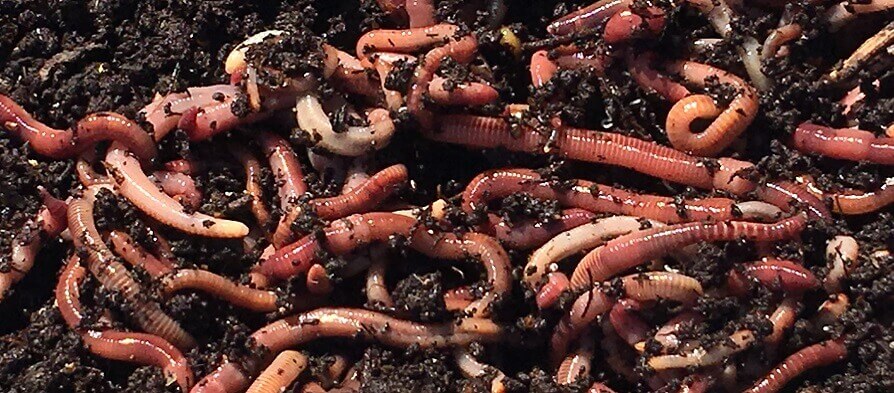Reducing Waste With Worm Farms

Worm farms are a fantastic way of improving waste diversion from landfill, and come with numerous benefits over traditional waste disposal methods. When worms break down household waste they do not release any green house gasses, providing a natural alternative to traditional composting or waste disposal methods. Plus, it’s fun for kids, and dad will always have an unlimited supply of worms for fishing in both fresh and salt water!
Worm farms can be purchased from several sources in Australia including Bunnings, and usually comprise of a black round, or square plastic box. There are also worm farms available which sit directly in the garden allowing the worms to go into the soil and return to the worm farm for food as a type of home base. All worm farms will typically come with instructions on how to set up and care for the worms. The worms themselves are available from Bunnings or other outlets, and are usually a small blood worm, well suited to the conditions of a worm farm.
After the worm farm is established, food is scattered on top of the farm, under a moist blanket such as old rags, a mesh bag, or a purpose designed coconut based worm blanket. Worms will eat most food waste that would otherwise go to landfill or compost sites. It is advisable to avoid scraps that attract blow-flys, such as dairy food, fat / grease and meat, all of which are best suited to your food organics or general waste bins, depending on available options in your local council. It’s much more pleasant to work with an alkaline worm farm than with a smelly acidic farm.
Worms thrive with alkaline food types, such as vegetable scraps, banana skins, avocado skins, mango skins, lettuce leaves, or grass clippings. Surprisingly, worms also do well with coffee grinds. Only put as much food as they will eat in a week or two.
A good indication of a well managed worm farm is from the smell. It should have an earthy, rainforest type odour, far from unpleasant. If the farm has a pungent smell this could indicate that the soil has gone anaerobic, and the worms will not thrive in these conditions.
Some ways to avoid / correct anaerobic conditions are:
• Remove uneaten scraps before adding more food
• Include some egg shells and cardboard toilet rolls in with scraps to help aerate food
• Mix a couple of handfuls of grass clippings with food scraps to help aerate food
• Mix the castings occasionally with gloved hands to help aerate.
After you have enough castings, or “Worm Poo”, you have a 100% natural fertiliser for your garden. You can turn castings directly into the garden, or strain some water through the castings to make “worm tea”, which can be used to water / feed your plants. Through worm farming, you are effectively recycling your own garbage into valuable fertilizer, and contributing to the reduction of kerbside waste collections which helps the environment.
Related Posts

Published: October 1, 2024
Is Your Waste Management Performance Up to Scratch? Discover the Solo Difference
Read more
Published: August 15, 2024
Solo Invests in the Future: Company Expands Fleet with Hydrogen Vehicles
Read more
Published: December 15, 2023